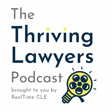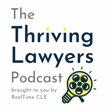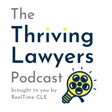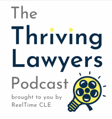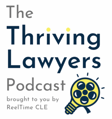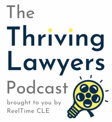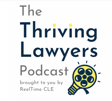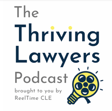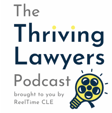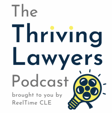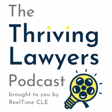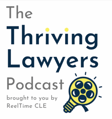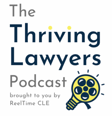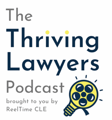
Prof. Heidi Brown, The Introverted, Fear-Untangling, Flourishing Lawyer! ( Pt. 1)
Folks, this one has everything.... imposter syndrome, finding your super-power as an introvert in a field that often feels made for extroverts, brave life transitions, and the momentous impact of an all-too-rare moment of shared vulnerability in (gulp!) BigLaw.
Join host Chris Osborn for a delightful, engaging, and compelling conversation with 4 time ABA-published author Prof. Heidi Brown of Brooklyn Law School.
In Part 1, Heidi shares about her incredible journey: from feeling out-of place in law school, finding her sweet spot and hitting her stride in a sophisticated construction law practice, and changing it all up as she learned more about who she was and what she needed to truly thrive and flourish as a lawyer and a human being. Whoever and wherever you are, we know you'll find relatble moments galore!
